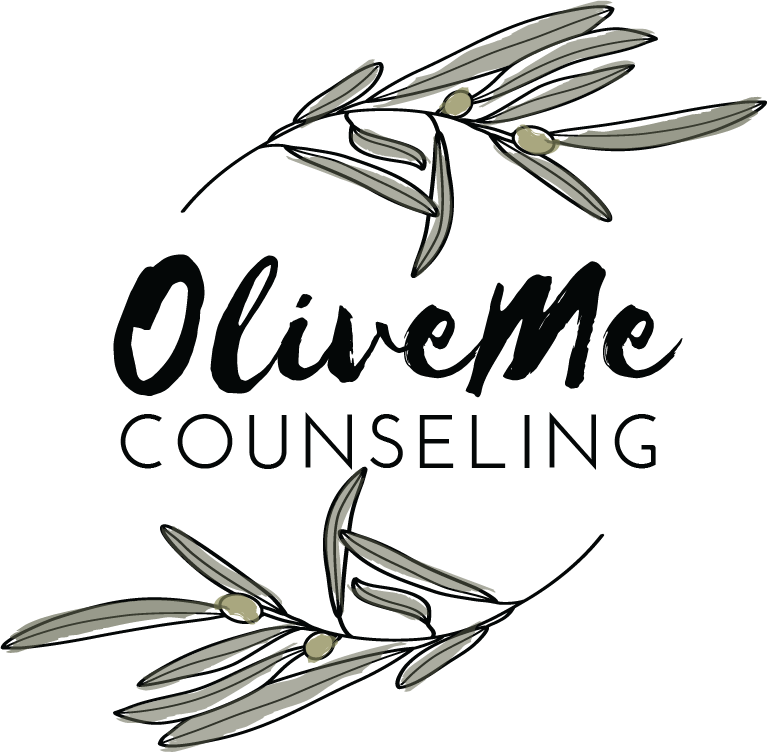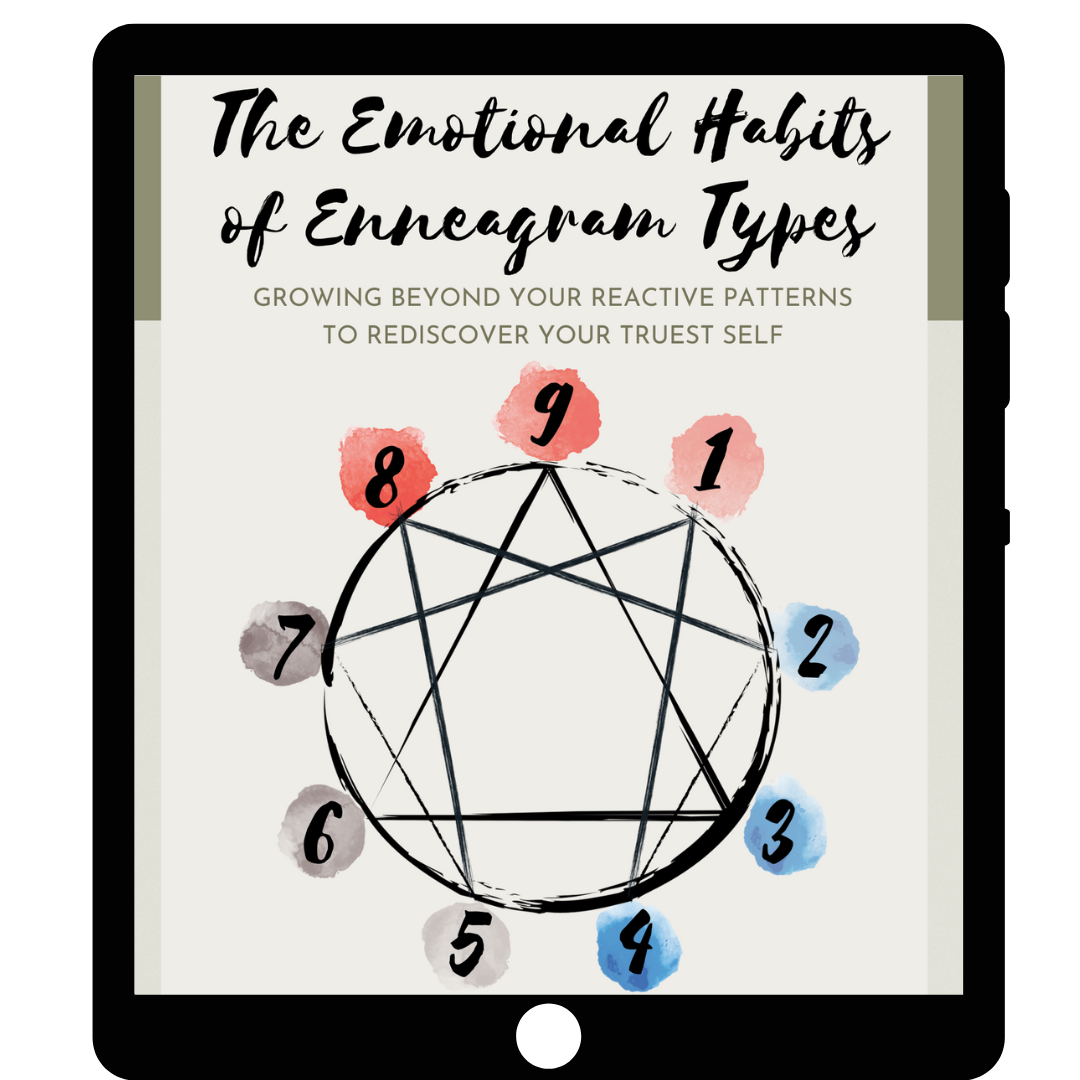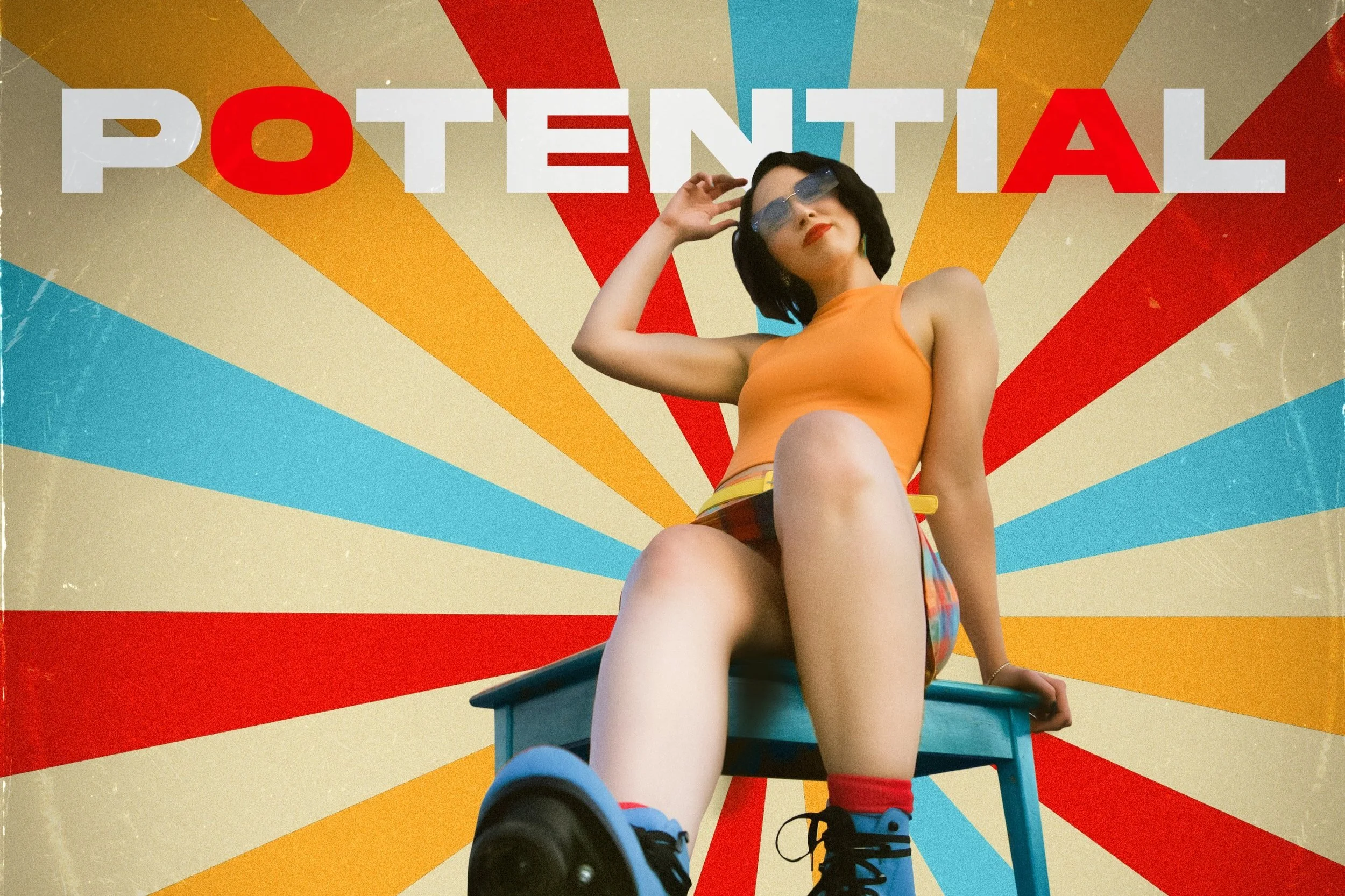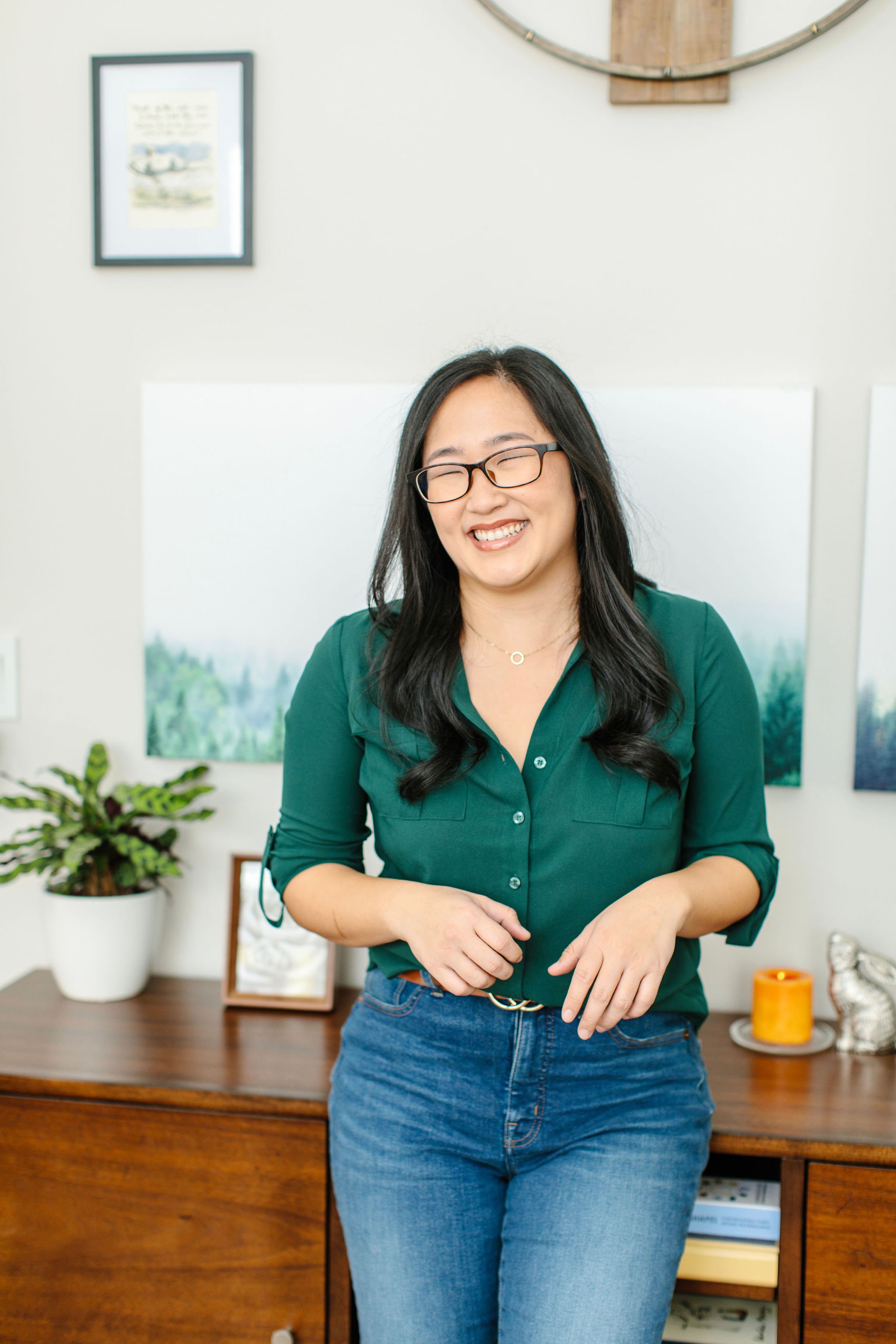In a previous blog, I gave one exercise for each Enneagram type to try as a way to grow BEYOND your type.
Have you tried yours?
Here's another set of growth steps.
Type 1 (The Improver)
When I'm on vacation, am I in:
Work mode - optimizing your schedule, trying to be efficient, doing what you think you "should" do, etc.
Play mode - being present with how things actually are (instead of what they SHOULD be), relaxing, and enjoying the moment
What feelings, sensations, or reactions come up when you reflect on relaxing/taking a break?
Type 2 (The Befriender)
Set aside 1-2 hours each week doing something BY yourself, FOR yourself, and WITH yourself - something that doesn't benefit anyone else but you. Some examples:
go to the library and read a book
take yourself out to a coffee shop or restaurant on a solo date
do what you used to enjoy as a kid (or always wanted to do but never got around to it)
get a massage
If these ideas sound AWFUL, what feelings, thoughts, or reactions come up? Why do you suppose that is?
Type 3 (The Achiever)
Ask 5 people from different parts of your life to describe you with 3 words.
How varied or similar are the responses? Do others see the same version of you from place to place, or do they see different versions of you? Why do you suppose that is?
Type 4 (The Individualist)
How often do you feel bored? How often do you lose interest in something or someone you've been chasing for so long and you actually manage to attain? Why do you suppose this reaction is?
Type 5 (The Observer)
How would you describe your relationships with a diagram? What are the advantages and disadvantages of this relationship setup? How does this relationship style impact your stress levels -- for better and for worse?
Type 6 (The Questionner)
When have there been moments where something terrible DID happen and that you were able to survive (maybe even excel in) that moment? How can you give yourself more credit for your STRENGTHS?
Type 7 (The Enthusiast)
What have been some ways that your pursuit of positives/downplay of negatives has led you to LESS positives and MORE negatives? How can you practice connecting with the negative side of life a bit more than before SO THAT you can have fuller, deeper access to the truly joyful things in life?
Type 8 (The Challenger)
Write down the impact you think you have on others. Ask 3 people you trust for feedback. Read the feedback when you're alone -- the point is for you to gather & sit with new information, not to react in front of others. Allow whatever reactions to come up (move your body as you need), and when you're more grounded, then use your head & heart to really consider the gravity of the content. Make 5% more room in your life to accommodate the feedback.
Type 9 (The Peacemaker)
Practice initiating hangouts with other people, rather than only waiting for someone else to initiate. It's okay for them to say no -- if so, go ask someone else!
What are your Enneagram type's emotional habits?
Grab this free guide that shows you how to grow beyond the patterns that keep you stuck!
Don't know your Enneagram type?
Find yours here!
© Copyright 2023 Joanne B. Kim. All rights reserved.
JOANNE B. KIM, LMFT
Joanne is a Licensed Marriage & Family Therapist and Certified Brainspotting Practitioner in San Jose, CA. She helps people EXHAUSTED by anxiety, shame, and an allergic reaction to anger create VIBRANT relationships where they matter, too.
Many of her clients are:
(1) the highly responsible, conscientious, and empathic types
(2) Enneagram Type Ones, Twos, Fours, or Nines
(3) Highly Sensitive Persons (HSPs)
The most common words spoken by those who’ve sat with Joanne:
“I thought it was just me. I’m NOT crazy!”
“I can finally figure out what to do with all these feelings!”







































I was a panelist at the EnneaSummit 2024 for the Enneagram Practitioner Panel.
In this panel, we share our experiences and observations about what different Enneagram types think they need in therapy, what they actually need, and some important growth steps so they can grow beyond their type.